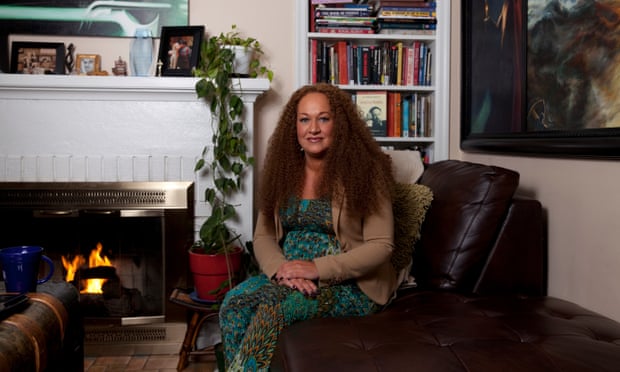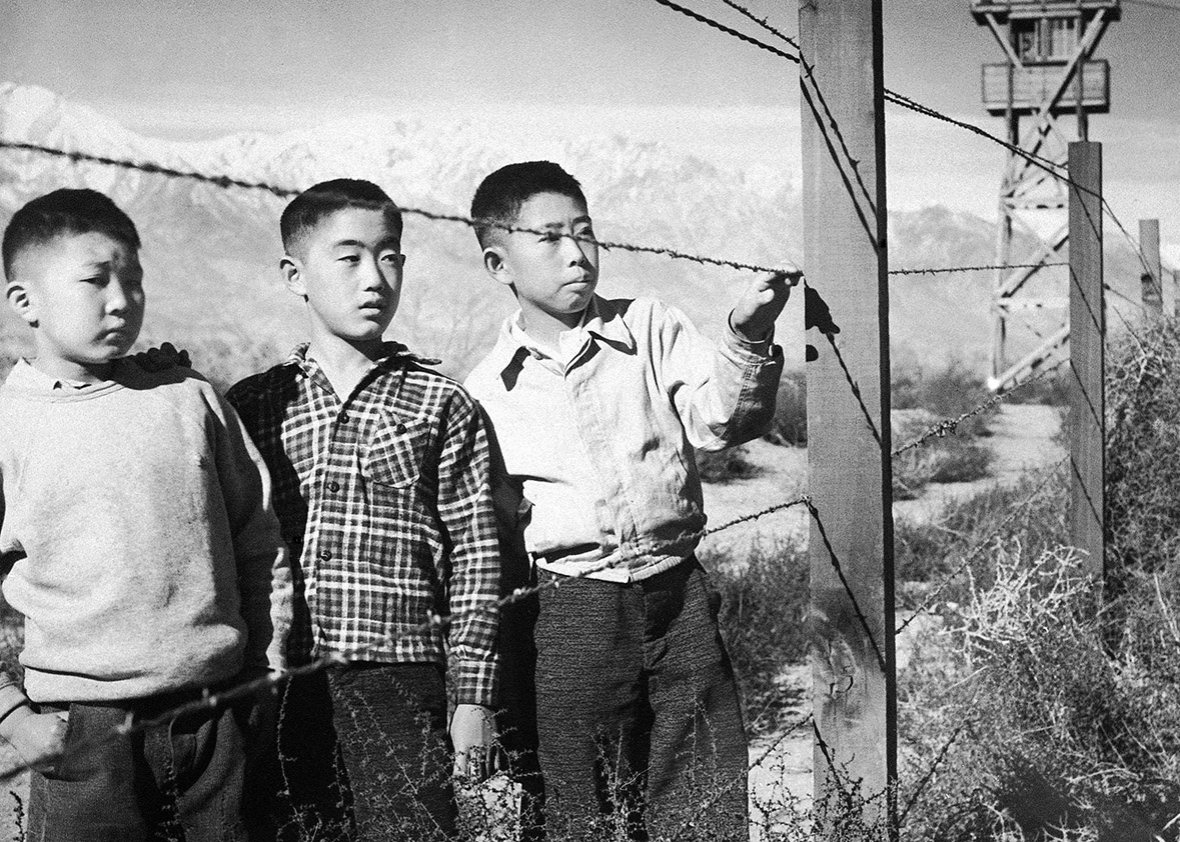School-To-Prison Pipeline Targeted By Arne Duncan Often A Diversity, Training Problem

“When a kid’s not understood, not guided, not taught, they call the police on them…the whole educational system has to change.”

“When a kid’s not understood, not guided, not taught, they call the police on them…the whole educational system has to change.”

She became a global hate figure this year when she was outed as a ‘race faker’. Here, she talks about her puritanical Christian upbringing, the backlash that left her surviving on food stamps – and why she would still do the same again
Click Here to read more.

Click here to read about the report.
“The arrest of Harvard professor Henry Louis Gates, Jr., revived the ongoing discussion about tensions between police officers and non-white Americans. John Burris, a lawyer who represented Rodney King, joins Portland, Ore., Police Chief Rosie Sizer and Montgomery County, Md., Police Chief Clarence Edwards to discuss what happens when black and blue collide.”

Click Here to watch a short documentary in which black women talk about the challenges they face in society.
This latest installment of the NYTimes “Conversation on Race” Op-Doc video series highlights the negative emotional impact of racist attitudes on black women’s lives. Everyone we reached out to for this project was eager to tell her most intimate stories of pain and discrimination, from childhood, to work, to profiling by the police. We hope that in sharing them, we are helping to complicate the public representations of black women and girls — highlighting the unique challenges they face, as well as experiences and feelings that are universal.
From Harriet Tubman to Ida B. Wells to Dorothy Height, black women have been heavy presences in social justice movements throughout history. However, issues particular to these women are often relegated to secondary status in our collective consciousness. This seems to be changing. Recent events in Texas, Baltimore and Missouri show that black women are again in leadership roles, and are speaking out against the mistreatment they regularly experience. But in our nation’s current movement for social justice, women’s voices need a louder bullhorn. Conversations like the one we’re hoping to start with this Op-Doc are a first step to understanding, and to changing.
See below to watch the other installments of this Op-Docs series:
“A Conversation With Police on Race”
“A Conversation With My Black Son”
African-American poet Claudia Rankine’s latest collection, Citizen: An American Lyric is a personal meditation on race in America with a cover that recalls Trayvon Martin — a black hoodie against a white background.
Citizen was a finalist for the 2014 National Book Award. The book reads like a series of diary entries about encounters with racism. Here’s one of the book’s anecdotes:
You and your partner go to see the film The House We Live In. You ask a friend to pick up your child from school. On your way home your phone rings. Your neighbor tells you he is standing at his window watching a menacing black guy casing both your homes. The guy is walking back and forth talking to himself and seems disturbed.
You tell your neighbor that your friend, whom he has met, is babysitting. He says, no, it’s not him. He’s met your friend and this isn’t that nice young man. Anyway, he wants you to know, he’s called the police.
Your partner calls your friend and asks him if there’s a guy walking back and forth in front of your home. Your friend says that if anyone were outside he would see him because he is standing outside. You hear the sirens through the speakerphone.
/cdn0.vox-cdn.com/uploads/chorus_asset/file/664892/race_arrests.0.png)
/cdn0.vox-cdn.com/uploads/chorus_image/image/37243120/453851528.0.jpg) Police arrest a protester in Ferguson, Missouri.
Police arrest a protester in Ferguson, Missouri.
You’ll notice producers from a variety of television programs — “Good Morning America,” Fox News, CNN — all asking for permission to use the video on their broadcasts, because they know this type of shopper-on-shopper violence is a huge draw. Mixed in with those, perhaps unsurprisingly, are a bevy of comments comparing the shoppers to animals, or savages, or making horrifically offensive racist comments.
…this kind of gawking shows how our lurid interest in these stories is connected to issues of class and race in America.

Republican presidential candidate Donald Trump said he’s not sure if he would’ve supported or opposed Japanese internment during World War II.
He told Time Magazine that he “hates the concept of it,” but added: “War is tough. And winning is tough. We don’t win anymore. We don’t win wars anymore.”
To be clear, Japanese American internment is almost universally considered one of the most egregious things the United States has done to an entire ethnic group…
